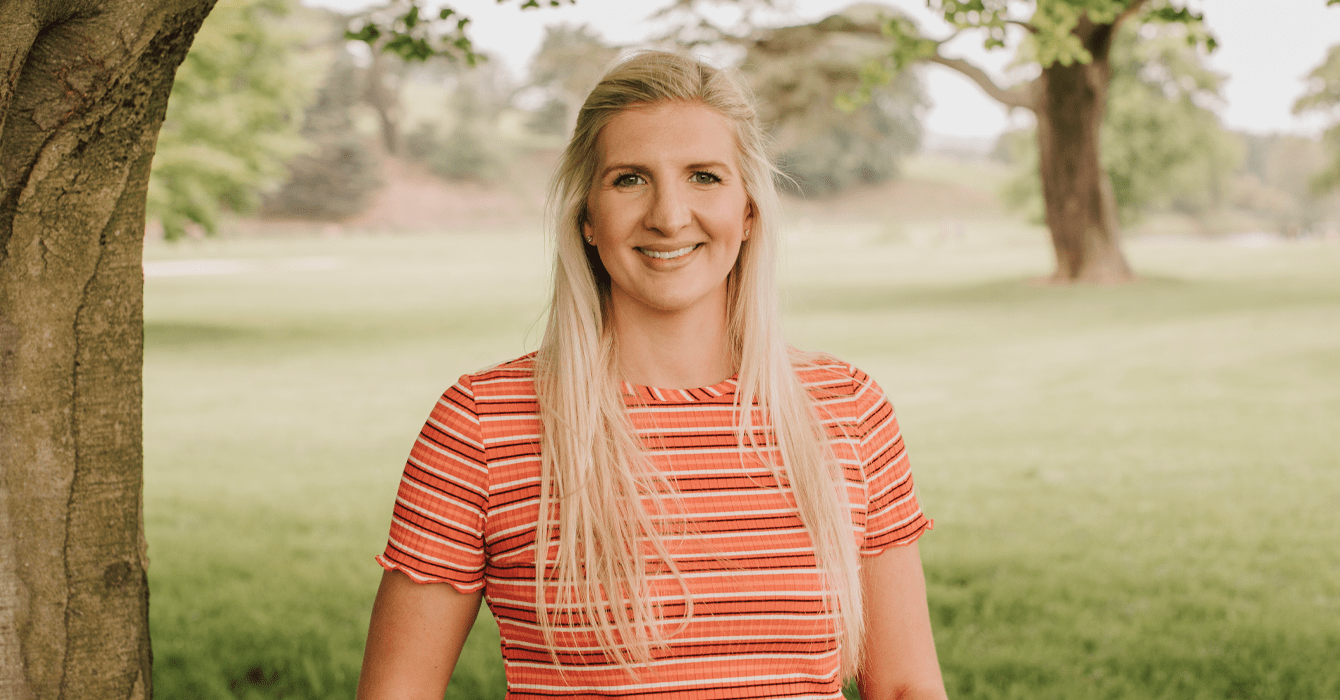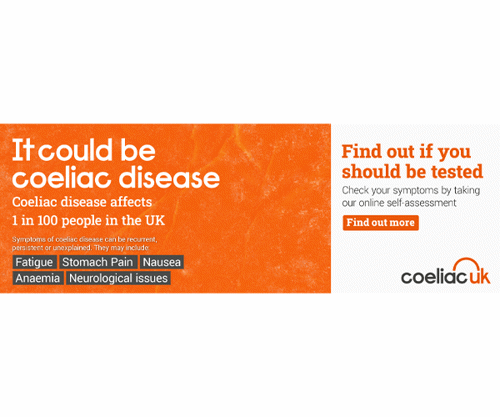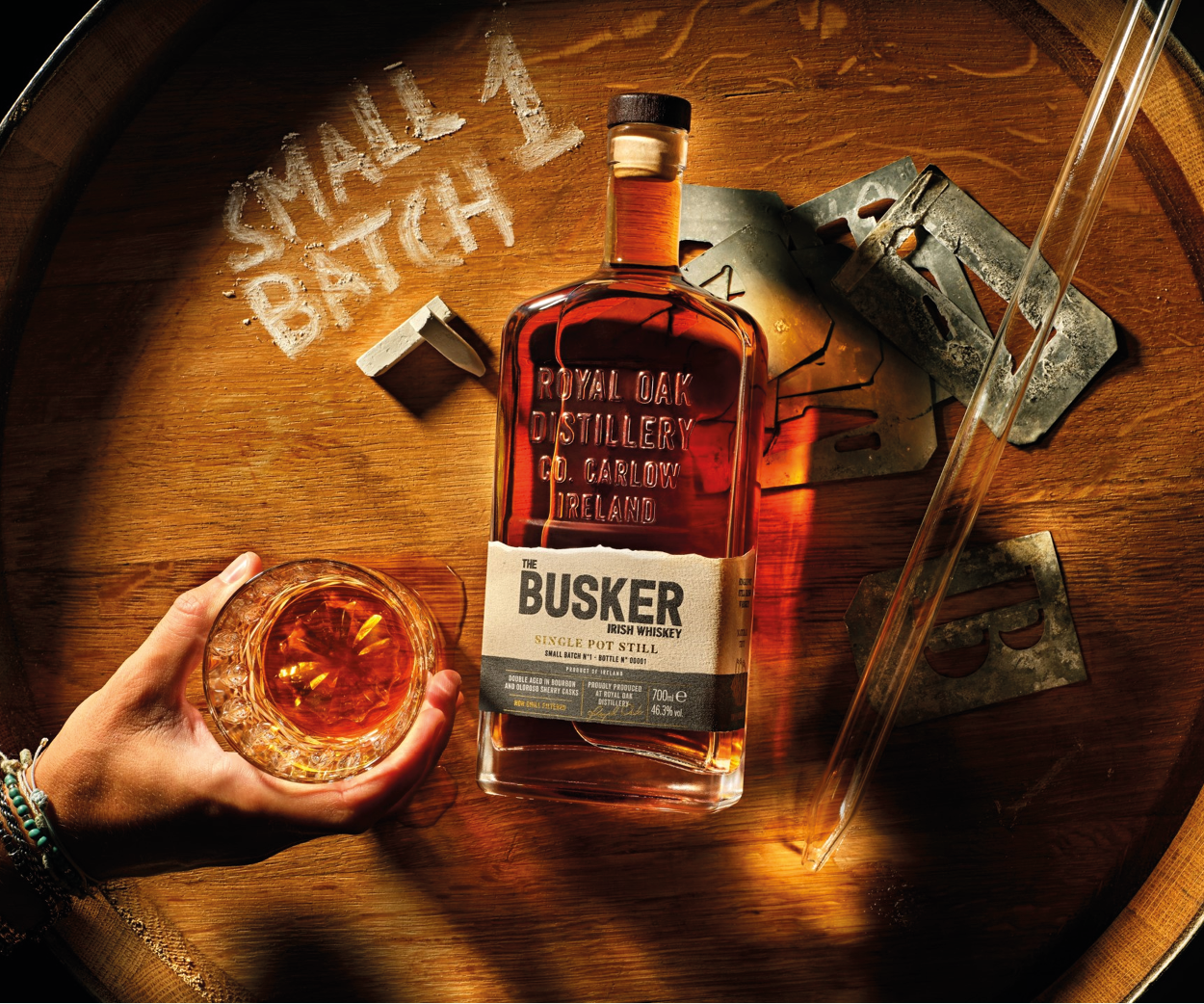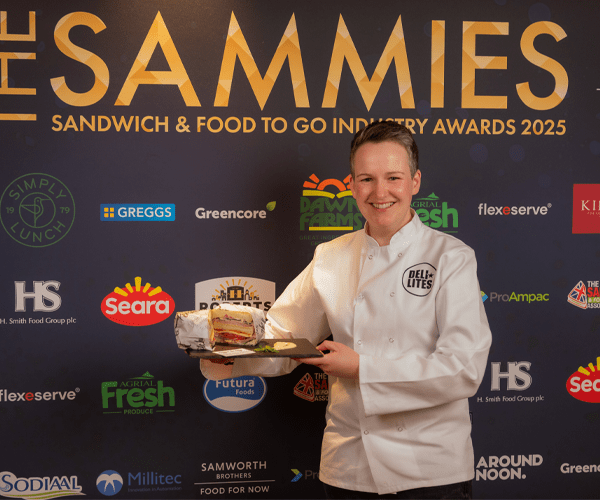Kim
5/2/2025 11:11:56 AM
4 mins read

With only 36%1 of people with coeliac disease currently medically diagnosed in the UK, there are an estimated 500,0001 people experiencing unexplained and often debilitating symptoms. One of these people with undiagnosed coeliac disease, was Rebecca Adlington OBE and four-time Olympic medal-winning swimmer.
For this year’s Coeliac Awareness Month (1-31 May), Coeliac UK is urging the public to ask, “Is it coeliac disease?” and take the charity’s free online self-assessment to find out. People can check if they are experiencing symptoms associated with coeliac disease and if they are recommended or should be considered for testing for the condition based on published clinical guidelines2.
Coeliac disease is a serious autoimmune condition affecting 1 in 100 people in the UK3,4. When someone with coeliac disease eats gluten – a protein found in wheat, barley, and rye – their body attacks its own tissues, causing damage to the gut and leading to serious health complications if left untreated. The only treatment is a lifelong, strict, gluten free diet.
Symptoms of coeliac disease can be recurrent, persistent or unexplained. They may include but are not limited to, fatigue, stomach pain, nausea, anaemia, and neurological issues.
In 2024, Rebecca Adlington was diagnosed with coeliac disease having experienced a variety of debilitating symptoms without understanding the cause.
Rebecca said: “As I have had multiple pregnancies, I put a lot of symptoms down to hormonal changes. I suffered with stomach pain, fatigue, mouth ulcers, bloating, and constantly felt run down or ill. The tiredness affected both my personal and professional life as I didn’t feel as productive or have enough energy like other people. Meanwhile, the mouth ulcers affected my diet as I struggled to eat sometimes as they were so painful and so many.”
“The stomach pain was persistent. I also experienced two miscarriages and whilst my doctor couldn’t pinpoint the cause, this and my stomach pain ultimately led to me being tested for coeliac disease and subsequently diagnosed.”
Rebecca was diagnosed in early October 2024, aged 35 which she describes as ‘life changing’.
She said: “My diet has changed the most as I have needed to cut out all gluten. To achieve a balanced diet, I eat things that naturally don't have gluten, like rice and potatoes but also need to rely on gluten free substitutes for items such as bread and flour, but these are so much more expensive. Shopping takes longer as you have to examine every label and ingredient to make sure it doesn’t contain gluten.”
Now Rebecca has an answer to her symptoms and is following a strict gluten free diet, she has seen vast improvements in her health and wellbeing.
She said: “Since removing gluten, I feel significantly better. My mood, my energy - everything is better. I am not in pain anymore. I am able to exercise more as I feel better. I had lots of people recommend Coeliac UK to me when I announced my diagnosis on social media. I found their support and information so helpful when adjusting to living on a strict gluten free diet.
“If you are experiencing ongoing symptoms or issues like I had, just ask the doctor for a test. I never even thought I might have coeliac disease, but I wish I had asked my doctors to test me sooner.”
Hilary Croft, Coeliac UK CEO, comments: “For those battling with unexplained symptoms, a coeliac disease diagnosis can be life changing. Our campaign aims to increase awareness of coeliac disease and we aim to reach the estimated half a million people living with the symptoms of undiagnosed coeliac disease to help guide them on the road to recovery. At Coeliac UK, we’re here to help with advice and information for anyone who suspects they might have coeliac disease as well as those looking for ongoing support.”
The Coeliac Awareness Month campaign looks at raising awareness of coeliac disease by sharing real stories and empowering those affected by it to recognise symptoms, complete its online self-assessment, and take the first step on the road to recovery. However, it’s important not to remove gluten from the diet until tested, as this risks a potential false negative result.
Anita, 43, of Indian heritage and from Stourbridge, Worcestershire, suffered from an upset stomach and diarrhoea and had no idea it was a sign of an autoimmune disease. She was a trainee GP at the time and brought it up with her GP in an unrelated appointment. After some blood tests, Anita found out she had coeliac disease.
She said: “It was a big shock to me, because as far as I was aware, I didn’t have any symptoms associated with an autoimmune condition such as coeliac disease. My sister was diagnosed a few years after me, and then my immediate family were also tested. Following diagnosis, the diet shift is quite dramatic. But it becomes your normal every day and following a strict gluten free diet becomes natural.” Anita now sits on the Coeliac UK Board as a Trustee, helping to guide the charity’s strategy.
Amelie from Lutterworth, Leicestershire was just a baby when her symptoms first started, suffering with bloating and diarrhoea. She is a Coeliac UK Young Champion and supports Coeliac UK by helping at events and raising awareness of coeliac disease both at school and within her community. “It was a really worrying time for my parents who were trying to get to the bottom of why I was so ill all the time.” She was diagnosed at 18 months old and as she grew up it took a bit of time to navigate a gluten free diet. “You can't just walk down the street and buy whatever you want - you have to make sure everything’s safe to eat. At school, it's hard because sometimes you feel left out.”
Amelie’s mum, Natalie is her biggest inspiration: “She helps me so much. It helps having a parent who’s been through it before and explains everything.”
If someone has coeliac disease, the chances of a close family member having the disease increases to 1 in 105. Natalie is a specialist paediatric dietitian and has a long career of helping children with coeliac disease alongside her own diagnosis at 27. She suffered with a whole range of symptoms including numbness in her face, hands and feet, abdominal pain and struggling to find the right words to say. “I was diagnosed with coeliac disease in 2010 and suffer from severe gluten neuropathy. The symptoms vary, but I experience numbness, and it affected my sensory nerves and balance.”
Speaking about being a parent of a child with coeliac disease, Natalie said: “My instinct is to shield her from the constant reminder that she is different from the other children. I want to prepare her for real life and protect her from it all at the same time. Preparation is key, and despite sometimes being told she won’t need snacks, I pack copious amounts just in case. I can’t bear the idea of her missing out or being hungry.”
Heather, 27 from Tamworth, Staffordshire was suffering from a bloated stomach, diarrhoea and fatigue as a child. “It was a dreadful time for my parents, they could see their baby wasting away in front of them and they really didn’t know why.” It took nearly two years to reach a diagnosis but once a blood test and biopsy confirmed coeliac disease, Heather started a gluten free diet and became a different child. “To look at me now, you wouldn’t have thought there was anything wrong. It sounds cliché but diagnosis is a real, life changer.” Heather grew up to become the Food Information Officer at Coeliac UK. “I think inclusion when you’re on a gluten free diet is hugely important.”

Additional Case Studies
Derek, 37 from Airdrie, Scotland said: “I felt like a 60-year-old man when I was only 27. I felt really unwell, really fatigued.” Derek had been unwell and deficient in calcium, and iron for a number of years but didn’t know anything about coeliac disease. “My initial reaction when I got diagnosed was one of shock. It was all new. I felt a sense of sadness. Mentally it was tough, and my friends didn’t really understand it either” but after his diagnosis he can remember, “one day just saying to myself, I just feel so much better. It was like a weight had been lifted off my shoulders. I felt like a new person.” Once he felt well again, Derek decided on a career change and is now Digital Marketing Officer at Coeliac UK. “I love it, and I love helping others. It’s important, especially for younger people, to know they’ve got support from Coeliac UK and they’re not alone.”
Laura, 41 from Strabane, Northern Ireland began experiencing alarming neurological symptoms including severe brain fog, confusion and exhaustion which caused major disruption to her life. “I didn’t know the days of the week. I’d send my kids to school in the wrong clothes. I was really struggling and felt like a different person sometimes.” Coeliac disease runs in Laura’s family, but she didn’t connect the dots. A referral to a gastroenterologist after numerous visits to the GP confirmed the diagnosis and Laura was advised to start a strict gluten free diet. “I was grumpy at first because I couldn’t eat what I wanted – it was both physically and emotionally challenging. But I was soon discovering gluten free foods I liked and felt like myself again. My energy returned, and with it, my confidence and joy were back.”
Esi, 33 from Cardiff, Wales has lived with diagnosed coeliac disease for a decade. “I first noticed something was wrong when I was 22. After eating, I’d get severe stomach pain and discomfort. I started losing weight rapidly and developed iron-deficiency anaemia. But the symptoms went beyond gut issues. I had constant unexplained fatigue, and brain fog which made everyday life difficult. I was also suffering from pins and needles and mouth ulcers – both of which were very painful. It seemed like a never ending and unconnected list of symptoms.”
“I was tested for diabetes and low blood pressure, but everything came back normal. It was incredibly frustrating. Following further tests and once I knew I had coeliac disease, I had to follow a gluten free diet to stay well, and things started to improve. After changing my diet, I gained a healthy amount of weight and started to feel so much better. If something doesn’t feel right, push for answers. Get a second opinion if you need to. You know your body better than anyone else – trust it.”
For more information about Coeliac Awareness Month, visit: https://www.coeliac.org.uk/awareness-month-2025/
If you’re interested in fundraising, join the Coeliac UK 64 Challenge, here: https://www.coeliac.org.uk/get-involved/fundraise-for-us/join-the-coeliac-uk-64-challenge/




